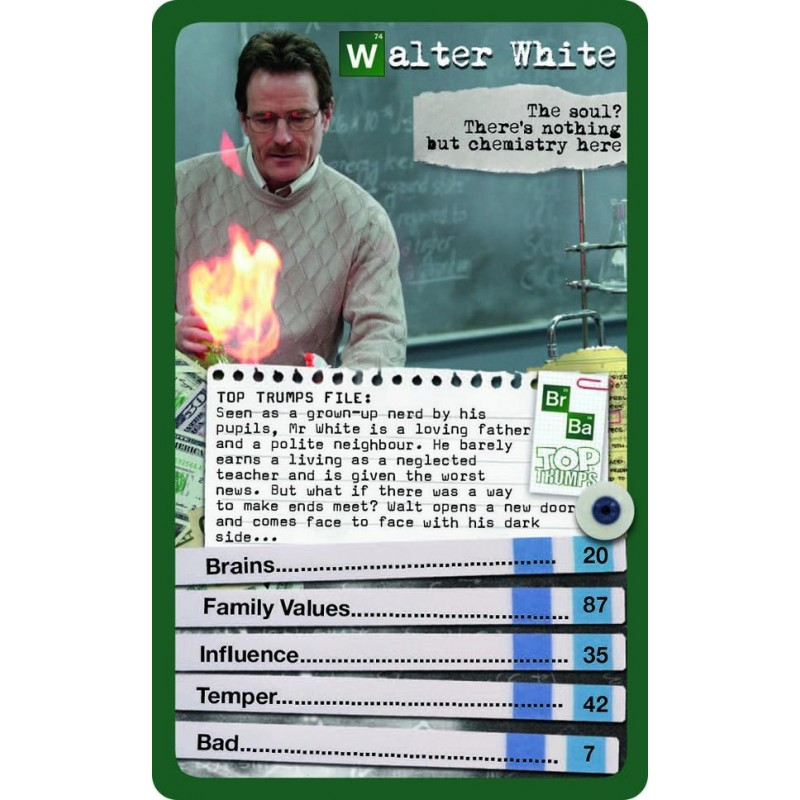Fast food legend Taco Bell has recently launched two new marketing initiatives that aim to further their grip on the Gen Z demographic. Notoriously successful with this much sought after demographic group, the taco gurus have once again thought outside the bun to spread their message of taco and burritos for everyone, but especially the younger folk.
Using an innovative "Taco IRL" campaign, Taco Bell has set their eyes on spreading brand awareness globally by partnering with influencers and leveraging paid and organic social messaging. With this strategy, customers can scan a QR code that will then populate a taco emoji in a users messaging app. In turn, a free taco is their reward after they hit 'send'. It all rolls up to a very ambitious effort to 'own' the taco emoji on people's phones. So when you tell your bff it's Taco Tuesday and do so using one of these: 🌮, you'll immediately think of Taco Bell. Mind = Blown.
The second major initiative leverages their Discord and spreading awareness of National Taco Day, which they claim to be the biggest holiday for the company. The biggest point with this strategy is that Taco Bell is truly trying to create a community of taco lovers in hopes that connecting over 'a shared love of Taco Bell' will help facilitate organic growth for the company. The Discord server held contests to award members and aims to become a long lasting stop to share thoughts why T Bell is the go-to spot for gorditas.
Source: https://www.thedrum.com/news/2021/10/04/taco-bell-takes-ownership-taco-emoji-global-taco-day-stunt


